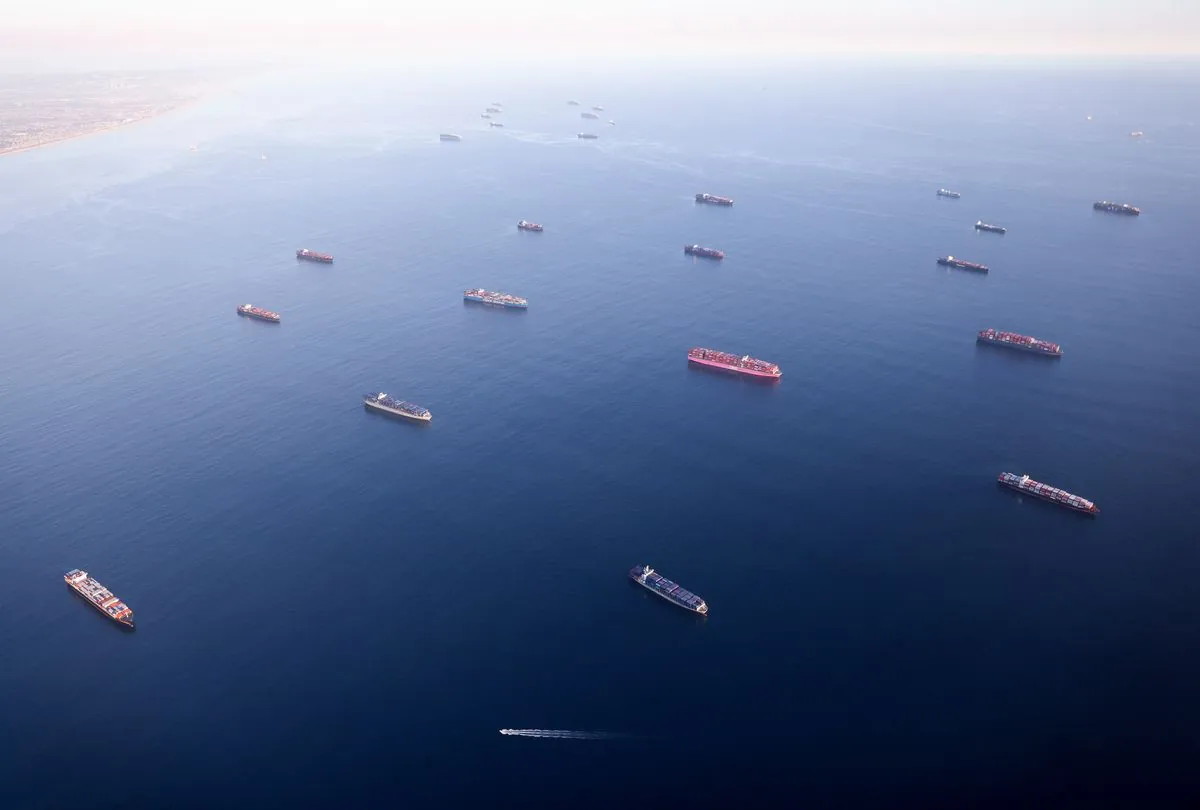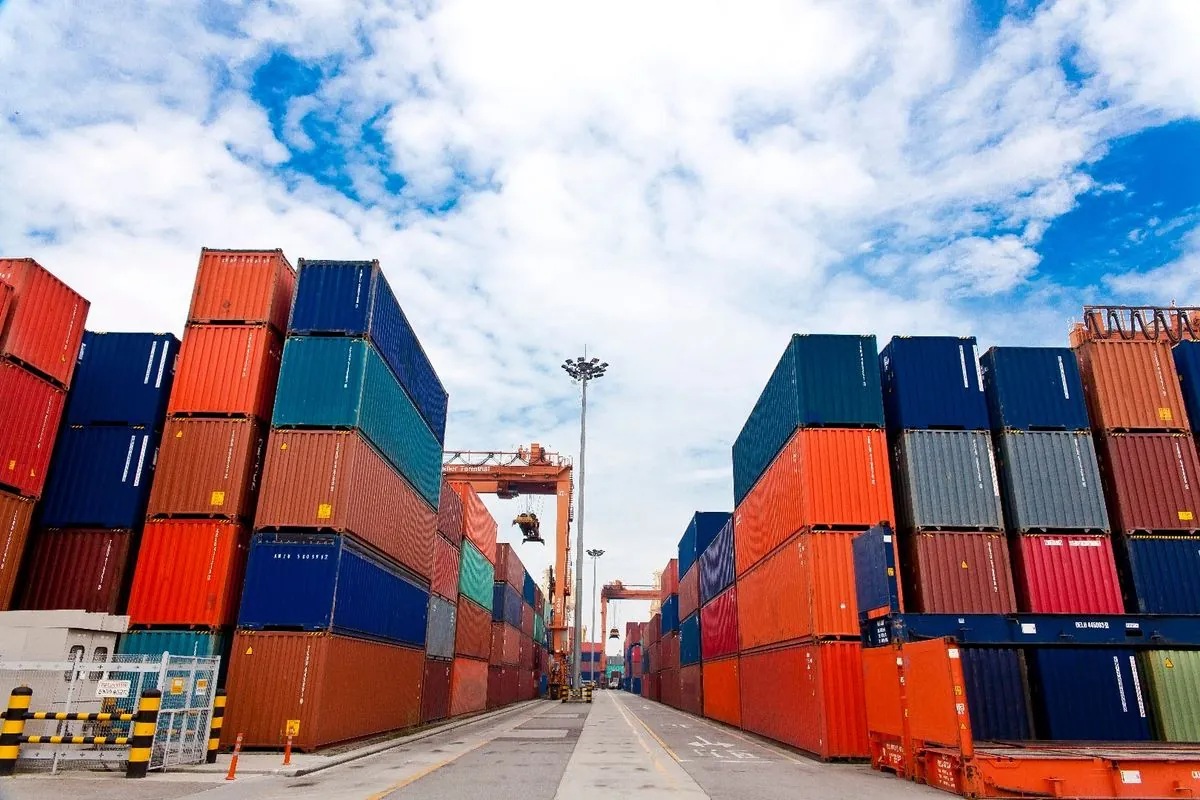Major US Port Strike Threatens Economy as Election Looms
Dockworkers at East Coast and Gulf ports launch first strike since 1977, potentially disrupting over half of US container trade. Economic impact expected to escalate rapidly as negotiations stall.

In a significant development for the US economy, 47,000 dockworkers initiated a strike at ports along the East Coast and Gulf of Mexico on October 1, 2024. This action, the first of its kind since 1977, threatens to disrupt more than half of the United States' cargo container trade, with potential repercussions rippling across the nation.
The International Longshoremen's Association (ILA), founded in 1892, represents the striking workers. This labor dispute occurs amidst a broader trend of union activism, following recent strikes by autoworkers, Hollywood actors, and Boeing machinists. The timing is particularly critical, with the presidential election just five weeks away.

The economic impact of the strike is expected to be substantial. The Conference Board, a think tank, estimates that a week-long strike could result in $3.78 billion in economic losses. This figure could escalate rapidly if the strike persists, potentially affecting consumer prices and product availability.
Key ports affected include New York and New Jersey (the largest container port on the East Coast), Baltimore, Norfolk, Savannah, and Houston. These ports handle a significant portion of US imports, including 75% of all banana imports. The Port of Baltimore, still recovering from a bridge collapse in March 2024, is particularly vulnerable.
"Nothing's going to move without us. They can't survive too long."
The strike's impact extends beyond immediate economic concerns. It highlights the ongoing debate about automation in port operations, a key point of contention in negotiations. This issue reflects the broader challenges faced by the shipping industry since the containerization revolution began in the 1950s.
While the White House has expressed confidence in supply chains' resilience, the situation remains precarious. The administration has stated its reluctance to invoke the Taft-Hartley Act of 1947, which could force workers back to their jobs. This stance aligns with President Biden's pro-labor position but may face criticism as economic pressures mount.
The maritime industry, regulated by entities such as the International Maritime Organization (IMO) and the Federal Maritime Commission, faces a complex landscape. The strike underscores the critical role of dockworkers in global trade and the delicate balance between labor rights and economic stability.
As negotiations continue, the eyes of the nation remain fixed on the ports, awaiting a resolution that could shape the economic landscape in the crucial weeks leading up to the November 2024 election.


































